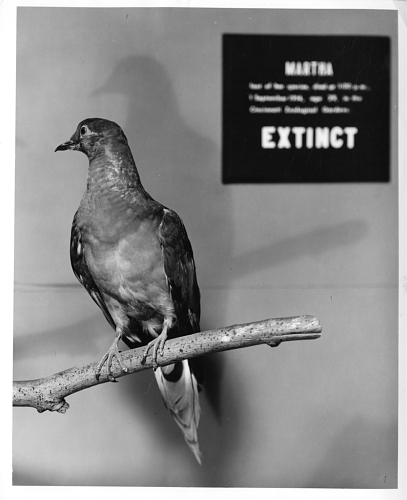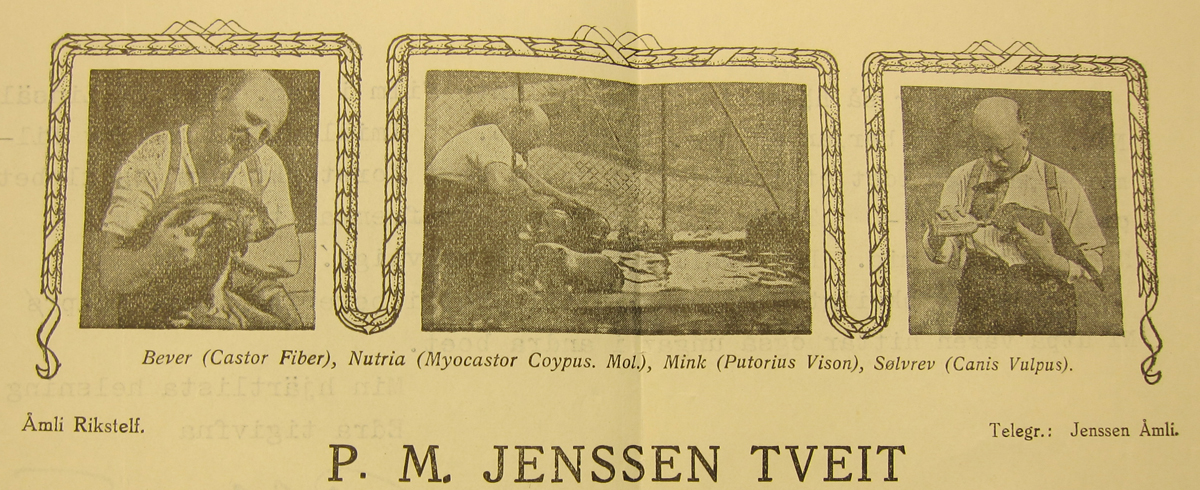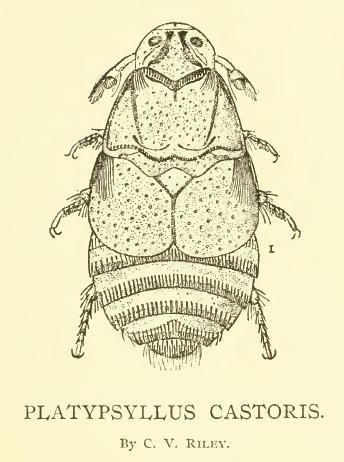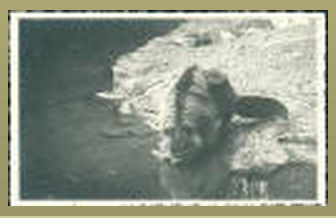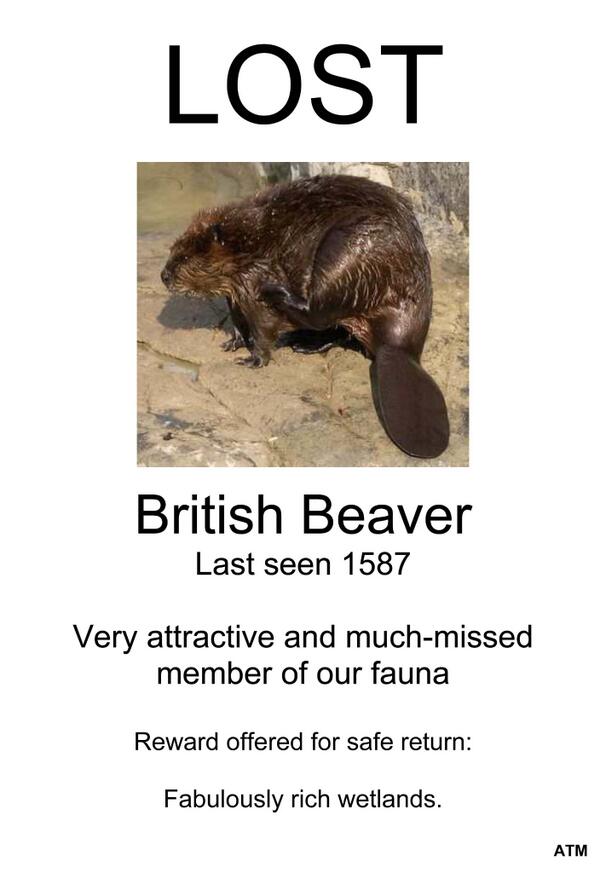
Lost and found
I saw an image tweeted a few weeks back about beaver reintroduction that I think is worthy of some reflection.
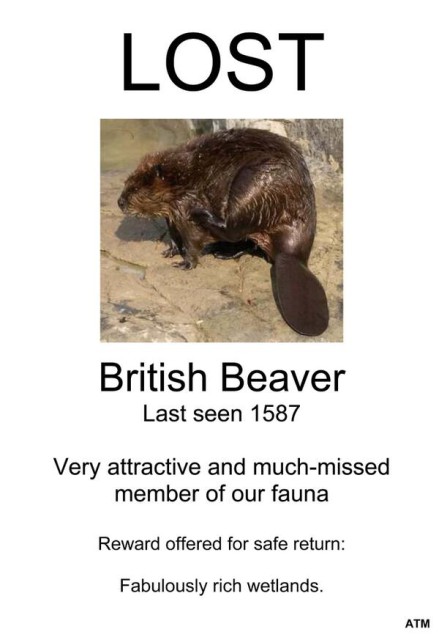
The poster is in the genre of ‘Lost pets’ that we all recognise from posters on street lamps, bus stops, and public boards. The headline ‘LOST’ in all caps catches our attention. We recognise that the animal shown in the image has been ‘lost’. Below the picture we get information about its name, when it was last seen, what it means to the people who have lost it, and the reward. The only thing missing that we might expect on a ‘lost’ poster is a name & phone number to contact if found. (This would be a smart addition if an organisation wanted to start putting these up somewhere.)
There are all kinds of layers to this poster worthy of discussion.
The first thing that caught my eye was the invocation of ‘lost’ and the use of ‘much-missed’. The beaver’s absence in Britain is being put forward as an emotional issue. There is a feeling of desperation–of not being able to find a loved one. This is a sentiment that appears in much of the literature about the return of beavers to the UK. ‘Lost’ as a characteristic of the beaver is common. For example, the Scottish Natural Heritage public consultation report from 1998 claimed ‘beavers are a missing element of our native biodiversity and were lost entirely through human activities’, and a newspaper headline from 2005 announced ‘long lost beaver will soon give a dam about the Highlands’.
But it is not the cry of mourning that Thom van Dooren has discussed as an appropriate response to extinction (see this text and his comments on the radio program Undoing Extinction). There is regret that the beaver cannot be found, but there is no sorrow that comes with extinction. The poster is instead a cry for help. The message is that the much-missed beaver can be brought home if only the viewer of the poster helps to look for it. As a 2008 newspaper article stated about beavers in Scotland, ‘they were killed off more than 400 years ago, and snubbed by the last government – but now they are coming home at last.’ The beaver can be brought back.
The second thing I noticed was the specificity of the date. I’ve never seen the date 1587 on anything related to the beaver in Britain. The scientific articles generally mention that beavers in Wales were recorded in 1188 and that they probably existed in Scotland until the sixteenth century, but exact dates have proved elusive. Newspapers have been much more varied in their coverage of beaver extinction, claiming anything from 12th century to 19th century. So why 1587? Mary Queen of Scots was executed by Elizabeth I, Sir Francis Drake led the Cadiz raid to defeat the Spanish fleet in a preemptive strike before the real naval battle of 1588, and … well, I’m sure there were more things, but nothing about beavers in any case. If I was putting a date for British beavers (as opposed to Scottish ones), I might have picked 1188 since it is at least a documented citing in Wales.
Finally, there is the reward. Interestingly, the reward is about ecosystem change and that is indeed what beavers do best: make wetlands. It’s not entirely clear from the poster why we should want wetlands and what they are ‘fabulously rich’ in. (Certainly they are rich in mosquitos, but I know they are rich in many plant, insect, and animal species too.) I have noticed through an analysis of newspaper coverage of UK beaver reintroduction that it is quite unusual to make an ecosystem argument for bringing them back–most often the argument is simply that they are extinct and shouldn’t be. So this is pretty unique in that regard.
In sum, ATM has made some interesting choices in putting together this ‘Lost’ poster. While taking some artistic liberties, the poster reflects much of the beaver reintroduction debates in Britain that centre on bringing back this ‘lost’ species. The question remains whether it will be found.
